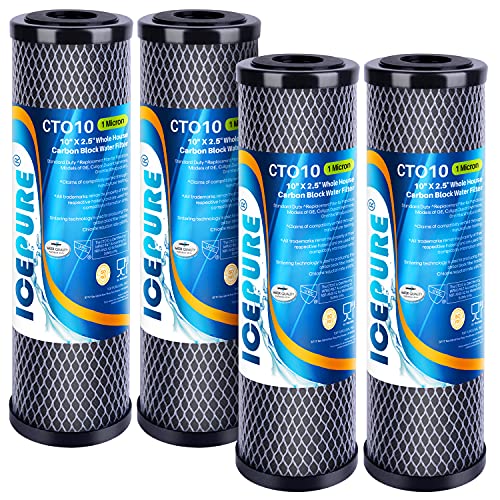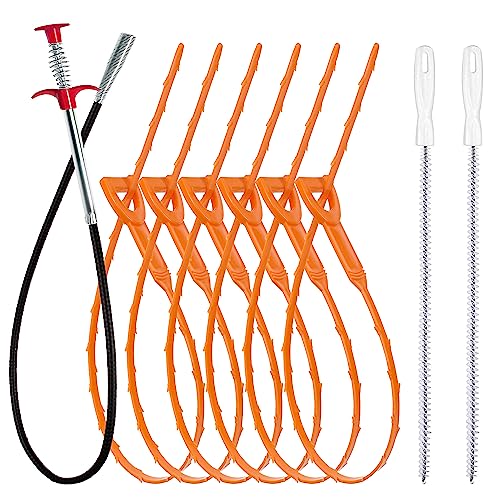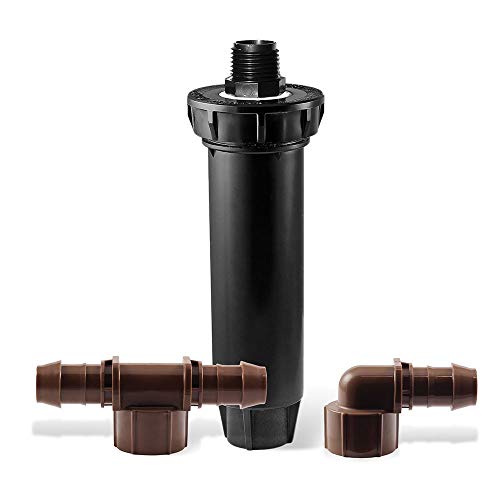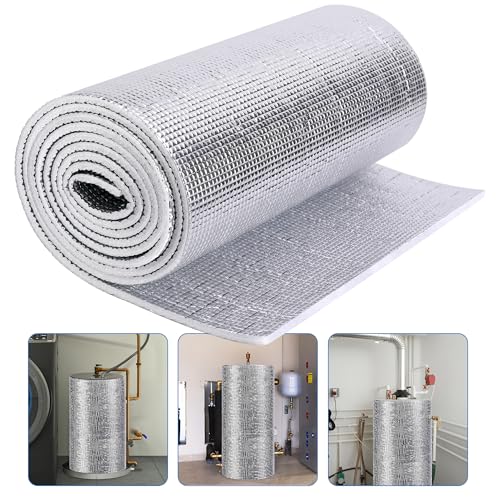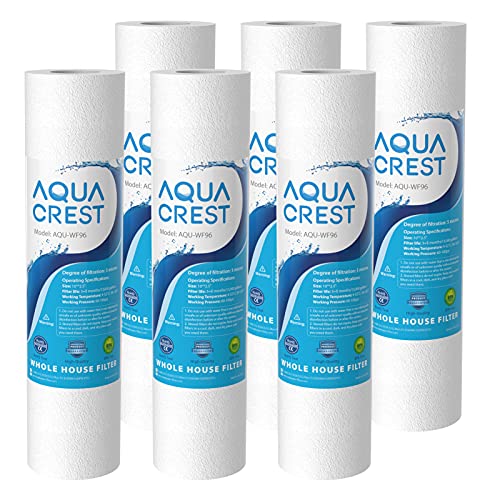Westinghouse and Rheem brands water heater elements that are "titanium" as they claim. Commonly available.
I suspect that the shell that's immersed in water is titanium, but the actual resistive heating element inside the shell is made of whatever they make water heater elements out of. Nichrome? Kanthal? Who knows.
Seems to be a bit overkill. Stainless steel ones (gee, they match the stainless steel tank!) seem to have a replacement cost of maybe $25? The titaniums are about $80.
Never owned an electric water heater (and never hope to) but I'd guess that the resistive heating element inside the stainless steel, titanium, or whatever case is just as or more likely to fail than the outer case itself. But that's just a guess.
What say you, pros? When you pull out failed heating elements, is the outer case compromised?
FWIW, titanium is a costly material, and a bear to work with. Difficult to form or machine. A single M8x25mm bolt for a bicycle made of titanium runs around $7 each compared to pennies for steel.











